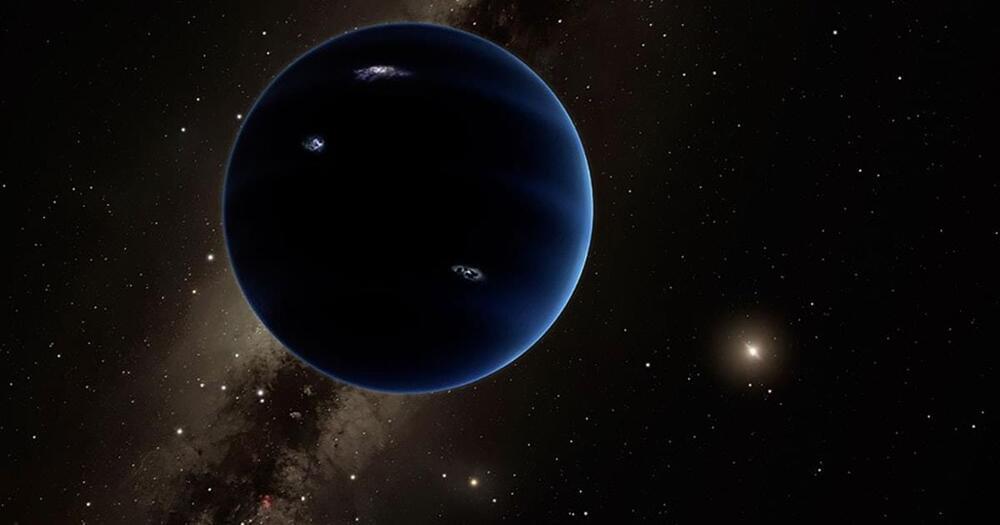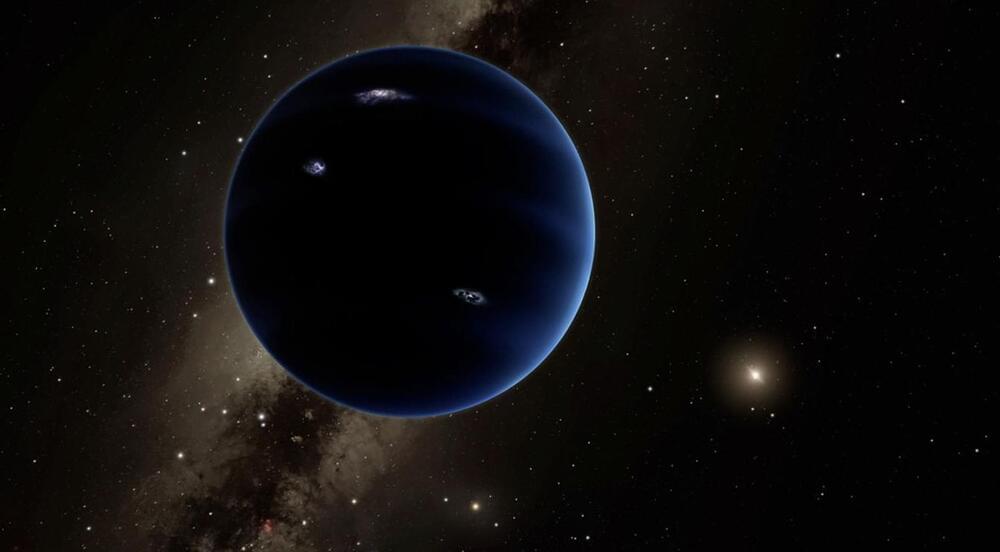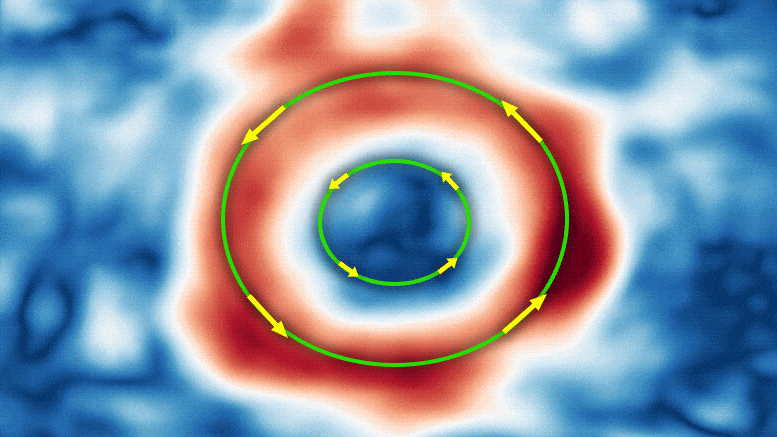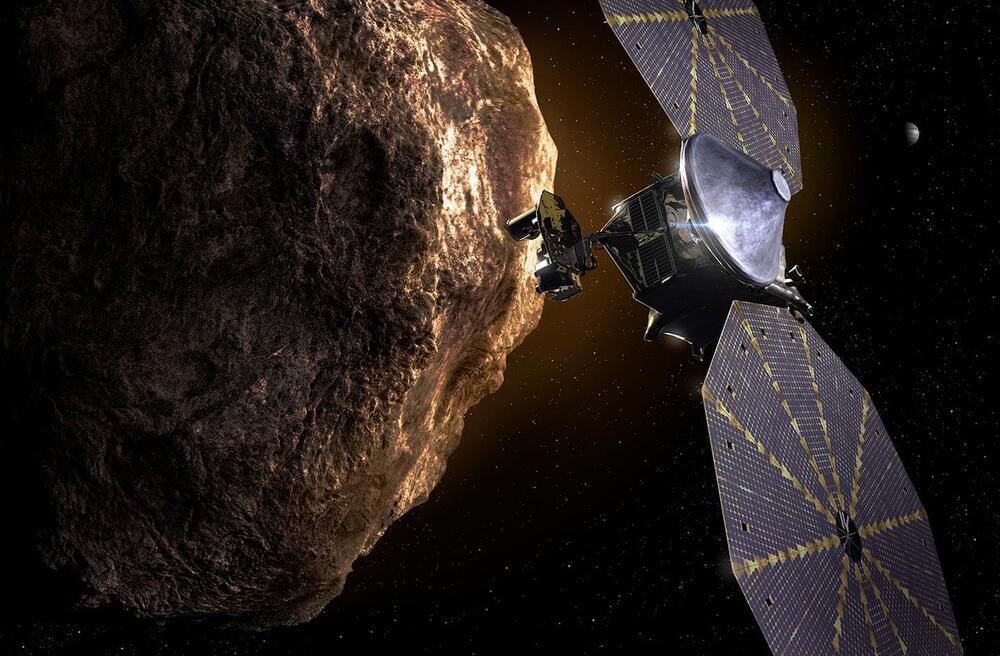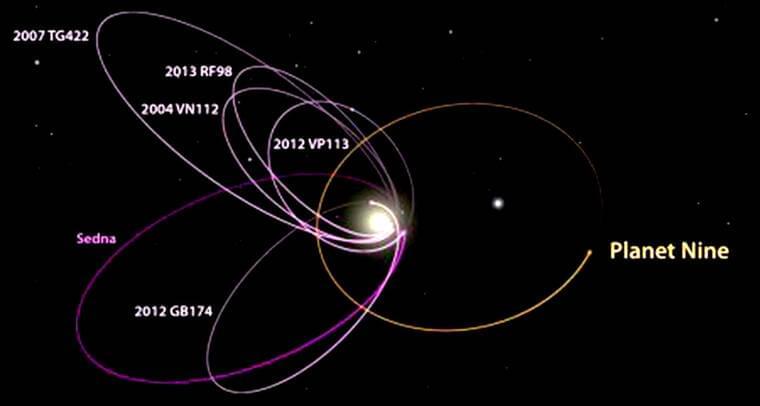If the 21st century has taught us any astronomical lessons, it’s that counting planets is hard. In 2,000 there were nine planets, and now there are eight, but that might not last. Astronomers have been on the hunt for a theorized ninth planet in the extreme outer solar system, and now a study suggests there might be another planet out there. Unlike the massive (and completely hypothetical) Planet Nine, this one is believed to be a small, rocky world like Mars.
All the planetary uncertainty lies in the outer reaches of the solar system, beyond the orbit of Neptune. This is where Clyde Tombaugh discovered Pluto, which we thought was a planet for decades but has since been demoted to a dwarf planet. It was still a notable discovery as the first known representative of the Kuiper Belt, a ring of icy rocks that includes other big planetoids like Makemake and Eris.
To make sense of the mishmash of objects out there, scientists often turn to simulations that can search for signs of undiscovered planets. And there could be a lot to find out there. “It seems unlikely that nature created four giant planet cores, but then nothing else larger than dwarf planets in the outer solar system,” the study says.
